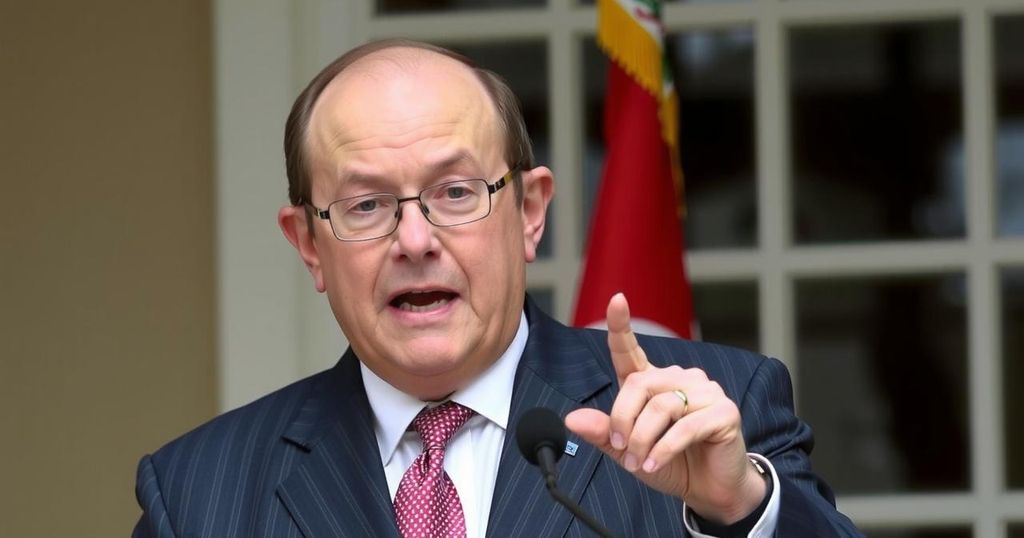Lebanon Elects U.S.-Backed President Joseph Aoun Amid Shifting Alliances

Lebanon has elected Joseph Aoun as its new president, ending a two-year leadership vacancy. His election reflects a shift towards U.S. influence, indicating Iran’s diminishing role in Lebanese politics. The decision was supported by over two-thirds of lawmakers, allowing Aoun to begin a six-year term at a critical time for the nation.
Lebanese lawmakers have elected Joseph Aoun, the army commander, as the new president, making him the first individual to occupy this position in over two years. His election marks a significant pivot towards U.S. alignment, indicative of decreasing Iranian influence within the region. The decision was made with more than two-thirds of the parliament’s vote, concluding a prolonged political deadlock and heralding a six-year presidential term for Aoun amidst a critical juncture in Lebanon’s governance.
Lebanon has endured a political stalemate that lasted for more than two years, following the resignation of its previous president. This protracted void in leadership has compounded the country’s already severe economic and political crises. The election of Joseph Aoun is seen as a strategic shift in Lebanese politics, aligning more with U.S. interests and potentially diminishing the longstanding influence of Iran. This change is notable in the context of regional dynamics, where Iran has traditionally had a significant foothold in Lebanese affairs, partially through support for various political factions.
The election of Joseph Aoun as Lebanon’s president represents a pivotal moment in the country’s political landscape. It signifies a departure from Iranian influence towards a more U.S.-aligned government, highlighting the geopolitical shifts occurring within the region. With Aoun now able to address the pressing issues facing Lebanon, his presidency may facilitate a new chapter in dealing with the country’s long-standing crises and political challenges.
Original Source: www.poncacitynews.com








